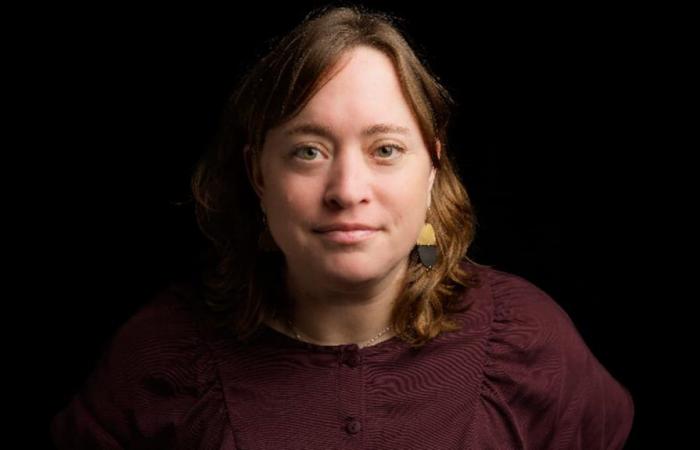Every year on the 1stis July marks the big moving day in Quebec. For many people with intellectual disabilities, this is not a day of change, but rather a painful reminder of the obstacles they face in accessing dignified housing.
Although many of them aspire to independent living, the realities of poverty, discrimination and social exclusion make this aspiration very difficult to achieve.
According to figures from the Ministry of Health and Social Services, only 6% of people with intellectual disabilities live independently, that is to say alone or with people of their choice. More than 60% live with their parents or siblings.
Yet we know that many of these people aspire to become more independent. In fact, with the right support, many of them have the potential to do so, if given the chance. However, in addition to the lack of support services, barriers such as poverty and discrimination make this aspiration difficult to achieve.
Financial insecurity and poverty
Adults with intellectual disabilities may be particularly vulnerable to financial insecurity. According to Inclusion Canada, 75% of them live in poverty. Additionally, “the average income of working-age people with intellectual disabilities is less than half that of Canadians without disabilities.” We therefore understand that with the rise in rent prices, accessing housing becomes an almost insurmountable challenge.
Another major problem is exclusion from the labor market. People with disabilities, and particularly those with intellectual disabilities, are often excluded from employment opportunities. Without a decent salary, it is difficult for them to break the cycle of poverty.
Ultimately, social assistance programs are not enough to get out of this precariousness. Worse still, they are sometimes considered to be real “poverty traps”. Moreover, the new plan to fight poverty presented by the Quebec government is insufficient to get them out of poverty once and for all.
Discrimination and social exclusion
People with intellectual disabilities also often face discrimination and social exclusion. Although it is theoretically illegal to refuse to rent an apartment because of a disability, the reality is quite different. Many people are refused from signing a lease simply because they have an intellectual disability.
Discrimination takes many forms. Sometimes, landlords use spurious reasons to refuse to rent, such as the alleged inability to manage a property or the risk of disturbing neighbours. These unjustified prejudices deprive people with intellectual disabilities of their right to independent and dignified housing.
The urgency to act
It is urgent to improve access to housing for people with intellectual disabilities by reserving social housing for people with disabilities, fighting poverty, improving access to the job market and combating discrimination. It is with this in mind that the Société québécoise de la maladie intellectuelle launched its mobilization campaign “J’ai ma place!”, which addresses housing issues for people with intellectual disabilities. On the sidelines of July 1, let’s think about the people forgotten by the housing crisis and take action to give them the place they deserve.
Landlords and property managers, be open: allowing a person with an intellectual disability to find housing is an act of social justice and a recognition of their fundamental right to dignified and safe housing. Let’s work together for a more inclusive society where everyone can find their place and live with dignity.
Amélie Duranleau
Executive Director, Quebec Society for Intellectual Disabilities






